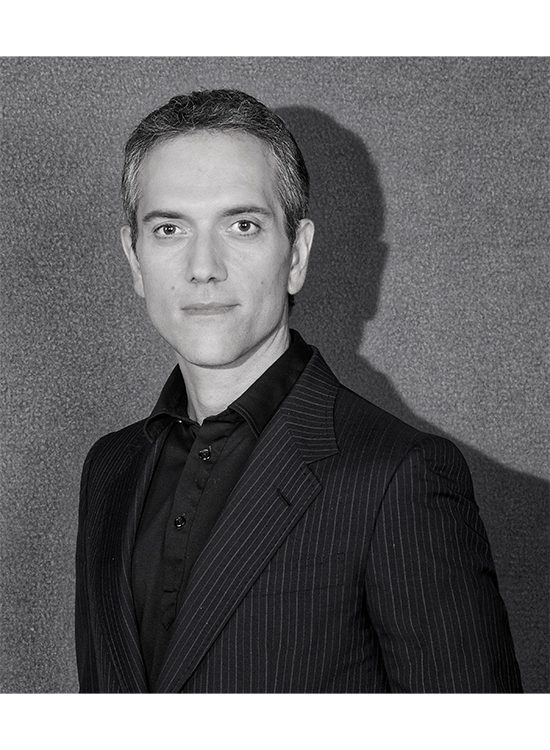 It seems at times that modern society is completely dominated by the pursuit of money, with profit being the prime mover of much human activity. Meanwhile, huge sections of the planet’s population are left behind, whether it’s in underdeveloped countries struggling with the basics of life, or large groups of dispossessed people in otherwise prosperous countries missing out on the social and economic benefits their fellow citizens take for granted.
It seems at times that modern society is completely dominated by the pursuit of money, with profit being the prime mover of much human activity. Meanwhile, huge sections of the planet’s population are left behind, whether it’s in underdeveloped countries struggling with the basics of life, or large groups of dispossessed people in otherwise prosperous countries missing out on the social and economic benefits their fellow citizens take for granted.
What if there was a different way of running the business world, one that harnessed the power of entrepreneurship to improve the human condition rather than focusing purely on profit?
Professor Mohammed Yunus, Nobel Peace Prize winner and pioneer of the concepts of microcredit and microfinance, thinks he has found just such a way, and it’s called social business.
What is Social Business?
A social business is an enterprise that uses all the familiar structures and methods of a normal business, but replaces the profit motive with the aim of producing a specific social benefit.
There is no intention of taking money out of the business – any investors will, over time, regain their funds but will never receive dividends. All profit that does arise is plowed back into the enterprise, setting up a virtuous circle.
Examples of social business objectives include providing healthcare for the poor, introducing renewable energy, or promoting local initiatives in order to alleviate poverty.
Although at first glance these businesses may seem to be similar to non-profit or charity organizations, the vital difference is that while they may have similar ultimate aims, they don’t rely on donations or grants or their operation, but become self-sustaining through their business activities. While a typical non-profit must devote a substantial amount of energy on fundraising, with social business this effort can be put directly into the cause itself.
How Does This Method Benefit Businesses
The idea of running a business without a profit motive may seem a strange concept, but quite aside from the humanitarian and social benefits, there are also strong advantages for traditional businesses to enjoy.
Advocates of social business contend that without the pressure of realizing a profit, the entrepreneurial spirit can be channeled into innovation and generating new solutions to old problems. This can have extremely profitable follow-on effects for conventional businesses who set up a subsidiary on the social business model, when innovations created in a profit-free environment can be reused by the main company.
An example of this is the French company Danone, who used the social business model to set up small-scale yogurt factories in Bangladesh, helping to beat malnutrition, but also developing new ways of streamlining production in their larger European factories.
How Can You Learn More?
If you find the concept of social business compelling, then the Social Business Academia Conference (SBAC) is an ideal opportunity to learn more about how to make a success of your own endeavors in this area, as well as having a chance to network with other like-minded business-people and academics.
Founded by Professor Yunus himself and held annually, the 2016 event will be at HEC Paris and promises to be the most extensive yet, collecting together the leading lights of this new business paradigm to discuss the opportunities and difficulties it presents, as well as exploring the causes which it can benefit.
To register for attendance at the event, please visit Social Business Academia Conference where you can also see a full list of the candidate topics to be discussed.
Alternatively, if you can’t make it to the Paris event, there are many courses and programs run by universities across the world, often under the “Yunus Centre for Social Business and Health” banner. This is a developing field with new projects appearing constantly, but some examples include:
There’s no doubt that capitalism has become the driving force of modern society, but while it can be extremely effective in pushing forward progress for many, there are a significant number of people left behind.
Social business offers an elegant and inventive solution that can put the entrepreneurial spirit towards making a real difference to the lives of less privileged people around the world.













